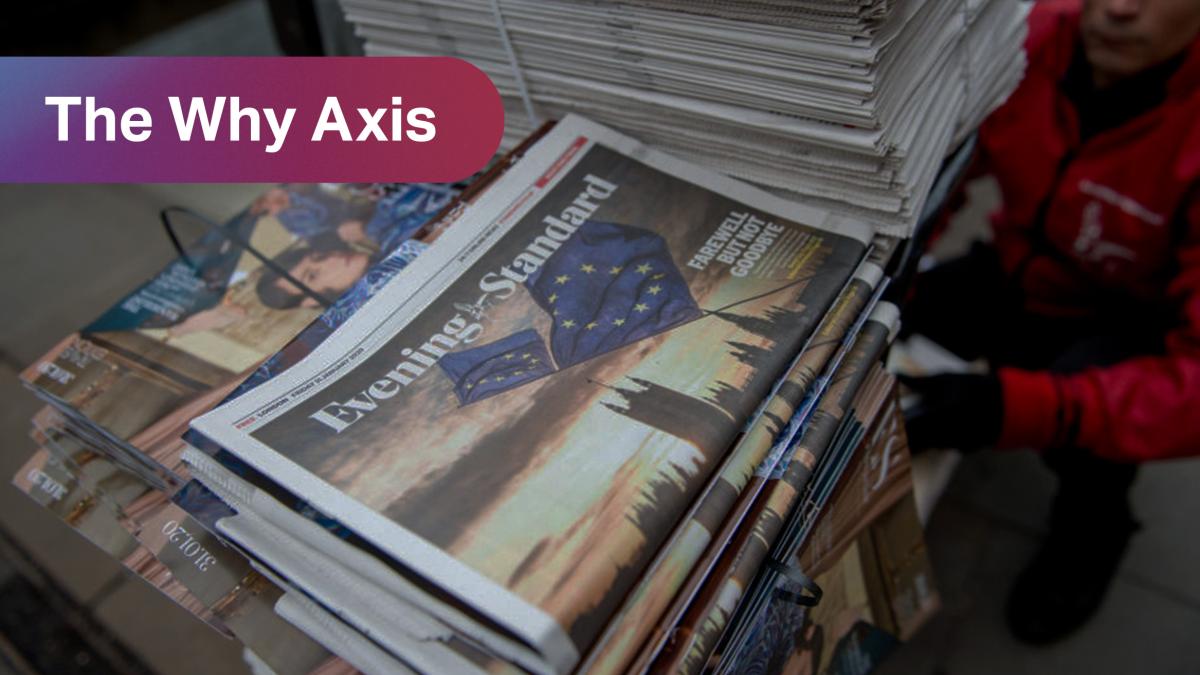What does the row over EVP Vestager’s pick for Chief Economist of DG Comp mean for the EU?


Competition policy was a big topic at Bruegel in the past week for reasons both good and bad. My colleague Christophe Carugati published an extensive Working Paper on competition in the foundation models underlying artificial intelligence (AI) applications. As Christophe explains, delivering AI benefits at low risk requires competitive market for language models, data, and computing resources.
Competition was also the subject of our informal conversations as the conflict over EVP Vestager’s choice for Chief Economist of DG Competition, Professor Scott Morton of Yale University, escalated. The conflict is now over: on Wednesday, Scott Morton withdrew. But its costs will linger on.
First, the EU lowered what many of us perceived as its moral and intellectual standard. Scott Morton was ostensibly rejected for three reasons: that her views were too friendly to big tech, that she had consulted for big tech firms in the past, and that she is not an EU citizen. The first point is demonstrably false: Scott Morton is well-known advocate of, and contributor to, the EU approach to big tech regulation. The second is relevant but could have been addressed through the Commission’s conflict of interest rules. The third should be irrelevant. Leading EU competition experts agree that Scott Morton was superbly qualified for the job. President Macron is correct that the US and Chinese competition authorities would not likely have appointed a non-citizen to a similar role. But the EU could have set a higher standard, opting for qualification over nationality. In the words of Jason Furman, the former Chairman of the US Council of Economic Advisors: “I'm sorry to see Europe following in our mistaken footsteps.”
Second, DG COMP has lost a battle both within the Commission and with some EU member states. For those that believe that a strong, independent EU competition authority is a foundation of EU prosperity, this is worrisome.
Third, the incident raises questions about the independence of the European Commission. As recently as Friday, the Commission stated that the appointment was the right choice and that it would not be reconsidered despite the backlash. It subsequently did a U-turn. If the Commission cannot withstand political pressure on a technical appointment to which it was firmly committed, and for which it does not need consent from member states, what other political pressures will it accommodate?
The damage can be repaired. But re-establishing credibility will take work, and the political climate to do so ahead of an election is not propitious.
The Why Axis is a weekly newsletter distributed by Bruegel, bringing you the latest research on European economic policy.



